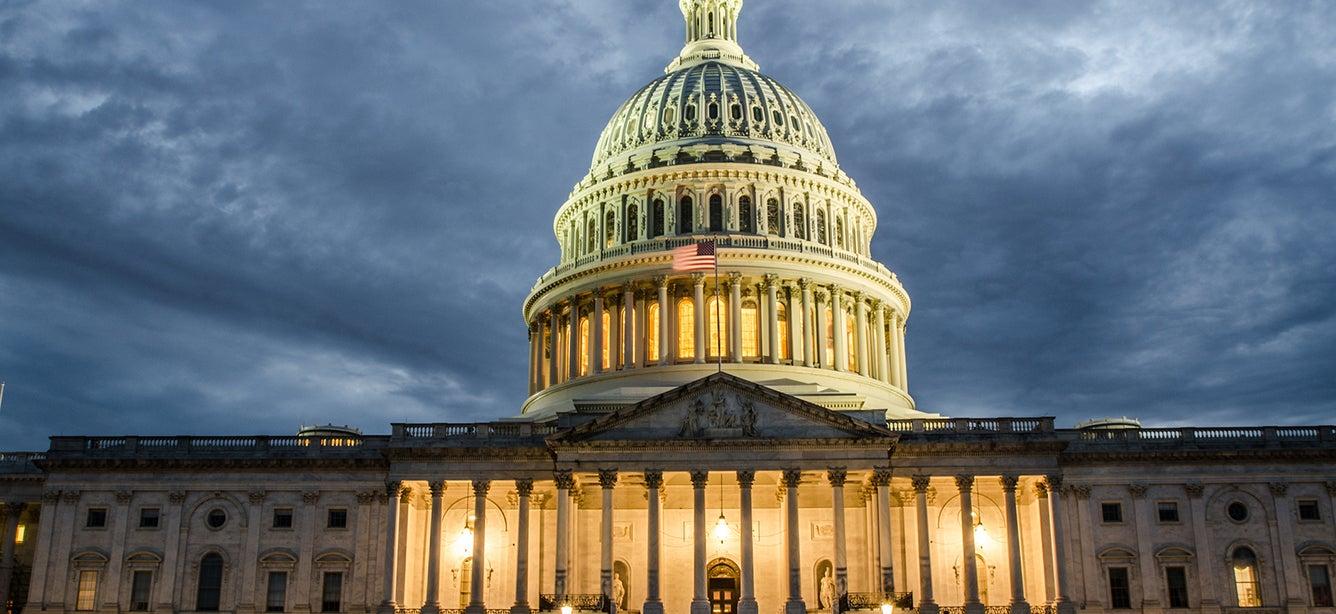
Community-based programs that help older adults improve their health and strengthen their economic security enable seniors to maintain their independence and remain in their own homes and communities.
Investments in these initiatives save taxpayers’ dollars by reducing expenditures for mandatory programs such as Medicare and Medicaid.
NCOA priority programs for FY 2022 investments:
- Older Americans Act programs
- Falls prevention
- Chronic disease self-management education
- The Medicare State Health Insurance Assistance Program
The Older Americans Act (OAA) helps adults 65+ preserve and improve their health and economic security through a wide range of services and programs, including home-delivered and congregate nutrition, senior center support, health promotion and disease prevention, family caregiver support, job training and placement, and elder rights protections. OAA investments save Medicare and Medicaid dollars by reducing hospital and emergency room visits and premature nursing home placement, averting malnutrition, and controlling chronic health conditions.
Falls are common and widely preventable. Evidence-based falls prevention programs offer cost-effective interventions by reducing or eliminating risk factors, offering treatments that promote behavior change and self-efficacy, and leveraging community networks to link clinical treatment and community services. These programs have been shown to reduce the incidence of falls by as much as 55% and produce a return oninvestment of as much as 509%.
Learn more about NCOA's advocacy priorities.



